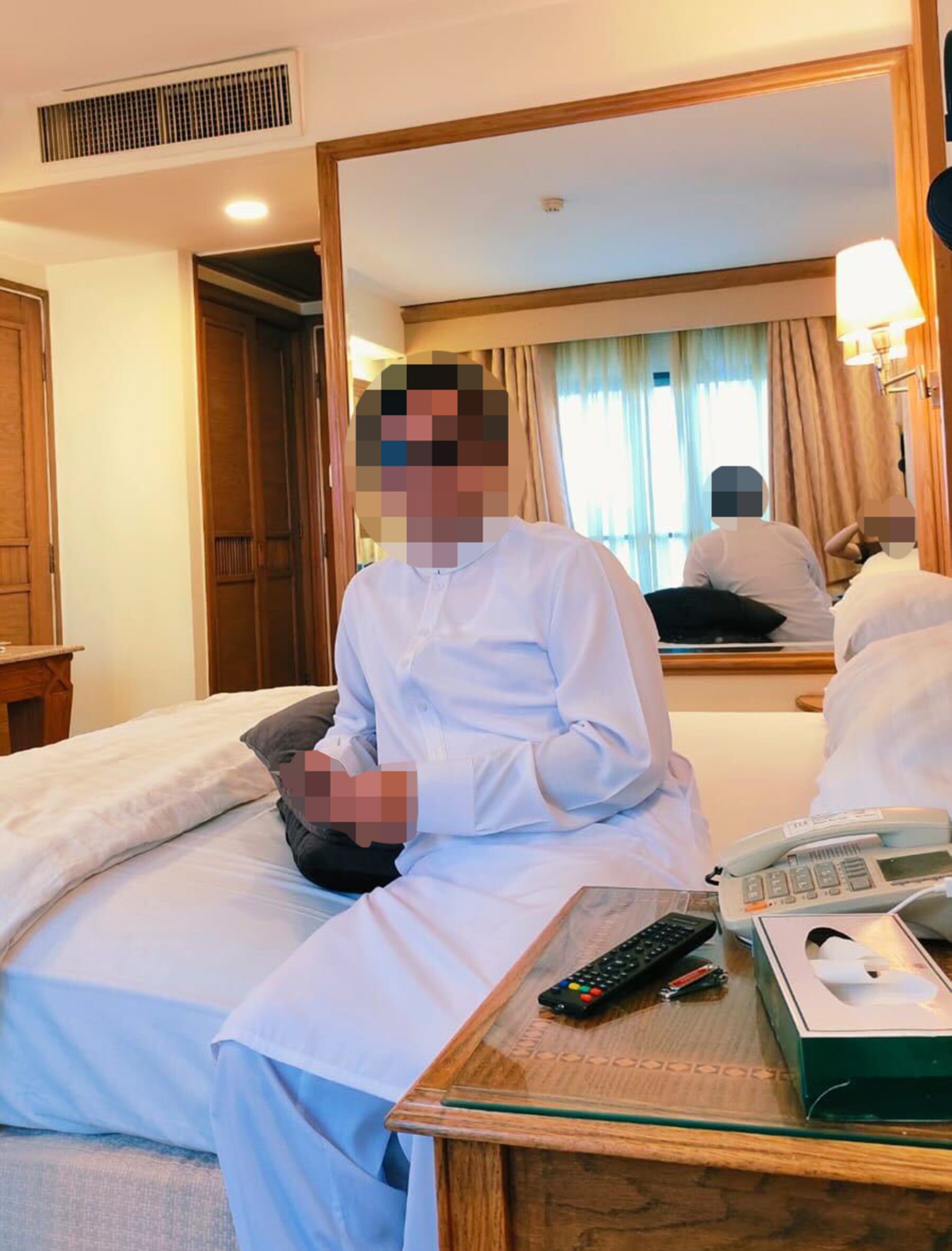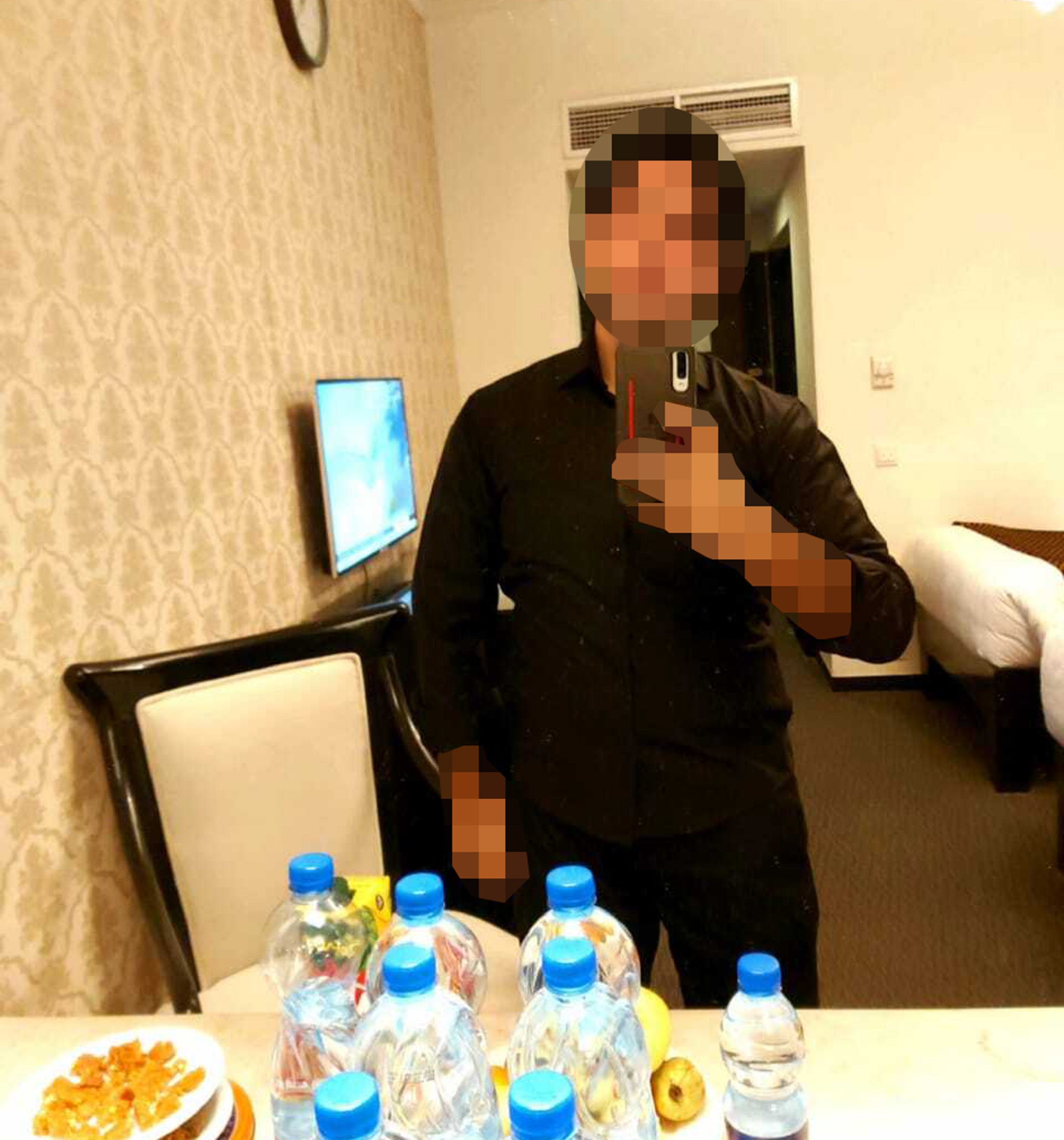
The scandal surrounding the treatment of Afghans who served alongside British forces has intensified, as today we reveal that hundreds of men, women and children eligible to come to the UK have been abandoned in Pakistan.
The government stopped charter evacuation flights from Islamabad in November, and new data shows that only a handful of people who have been approved to come to the UK have been brought here on commercial flights since.
Families have been told they could face waits of up to a year to be brought to safety unless they can source their own place to live, because of a lack of Home Office accommodation. A backlog in processing cases is also causing delays.
There are currently more than 1,000 people, including 500 children, waiting for relocation in hotels in Pakistan paid for by the British government. While in Pakistan they have no right to work, and children cannot go to school.
Among those stranded are:
- A former interpreter who was embedded with British troops in Helmand province
- A doctor who says he was detained by the Taliban because of his father’s work with the British
- A former British embassy worker who is living in a hotel with his family of five
Politicians condemned the situation as “farcical”, while an army chief who fought in Afghanistan said it was “utterly disgraceful”.
It comes after The Independent revealed that an Afghan pilot who worked with British forces faces deportation to Rwanda after fleeing to the UK in a small boat because there were no safe and legal routes for him to take to seek refuge here.
When asked in the Commons about the issue of evacuation flights, the minister for veterans’ affairs, Johnny Mercer, admitted: “The flow of people to whom we have responsibility is not working as we would like at the moment.”
Previously, the British government was using RAF Voyager planes and charter flights to bring Afghans eligible under the Afghan relocation and assistance policy (ARAP) to the UK every two weeks. Most Afghans go to Pakistan when they are confirmed as eligible for the scheme.
But figures obtained by The Independent, in collaboration with non-profit investigative newsroom Lighthouse Reports, reveal that the flights ended in November 2022.
The number of ARAP-eligible Afghans to have been relocated since then has plummeted from an average of 385 people per month between January and November 2022, to just one in December, 31 in January, and 24 in February.

The former interpreter mentioned above, who has been waiting for more than a year in Islamabad, said: “This is my sin that I worked with British forces. I am like a prisoner and we are not safe in Pakistan.”
The man, who is being supported by charity The Sulha Alliance, said the strain of living in a hotel room for over a year was causing him extreme stress, adding: “I don’t know what I am doing. I have anxiety. If they don’t give me an answer in two months I will run away from this place. I will go illegally to European countries to get to safety.”
Another man, whose father is a former interpreter who worked with the British in Camp Bastion, has been in a hotel in Islamabad for 16 months as he waits to be relocated to the UK to join his parents, who were evacuated shortly after the fall of Kabul.
The man, who is a qualified doctor, is trying to source his own accommodation in the UK. He is not permitted to join his parents as they are living in a Home Office hotel.
“I’m all day long in one room; you could say it’s like being in jail, but without any crime. I am a professional doctor. I want to work. I am young. England needs doctors, but unfortunately I’m still here.”
In a third case, a father-of-five who worked for the British embassy has been in a hotel with his family since they escaped Afghanistan earlier this year. After being told they must self-source housing in the UK, he worries that they will be in the hotel indefinitely.
“Unfortunately I have no relatives in the UK. It’s impossible for me to arrange accommodation there. But they haven’t given us any alternative,” he said.

Last week, armed forces minister James Heappey admitted in response to a parliamentary question that 63 of the 1,000 people waiting for relocation in Pakistan had been there for more than a year – with the longest waiting 506 days as of 22 March.
Major General Charlie Herbert, who served three tours in Afghanistan between 2007 and 2018, said the “continued abandonment” of Afghans who worked with British forces was “indicative of a government which long ago absolved itself of responsibility for those who so bravely supported our campaign”.
“It’s heartbreaking to think of how they have been treated – many over several years – and to leave them and their families languishing indefinitely in cheap hotels in Islamabad with little confidence of onward movement to the UK is utterly disgraceful,” he said.
Shadow defence secretary John Healey accused ministers of “cutting the lifeline” the UK had offered to those who had worked with its forces, and “effectively giving up trying to evacuate those still stuck in the country and facing daily danger of Taliban reprisals”.
“This is a fundamental breach of our national obligation. Ministers must sort out the many failings in their Afghan scheme, and honour the UK’s promise of safety, freedom, and a chance to contribute to Britain,” he said.
Labour MP Dan Jarvis echoed his concerns, saying: “The government’s failure to get a grip on ARAP means we now find ourselves in a farcical situation, where people who risked their lives in support of our mission and have been promised safe passage to the UK are having to do the legwork and embark on a house-hunting mission if they want to get here.”
Sarah Magill, managing director of Afghanistan crisis response charity Free From Fear, accused the UK government of “using Afghan evacuees as a political football”.
“We should have rolled out the red carpet for these brave people who served alongside our troops; instead we are locking them up like battery hens. We must not delay their evacuation a moment longer,” she said.
A government spokesperson confirmed that relocation to the UK would only be facilitated where accommodation was secured ahead of arrival, including where individuals had sourced it themselves.
They said: “We owe a debt of gratitude to those interpreters and other staff eligible under the ARAP scheme who worked for, or with, UK forces in Afghanistan. The UK government has made a commitment to relocate eligible Afghans and their families to the UK under the ARAP scheme, and will honour this.
“We continue to support the movement of eligible people out of Afghanistan by working with a variety of partners and countries in the region. To date, we have relocated over 12,200 individuals to the UK under ARAP.”







